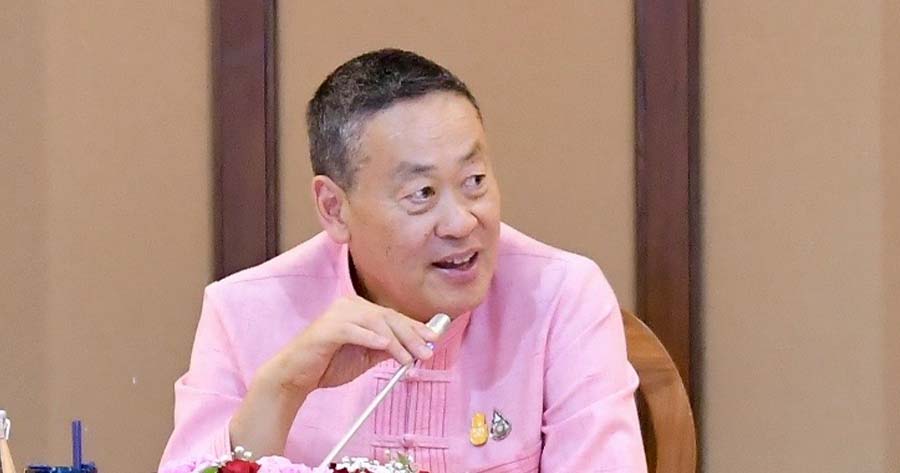Thailand’s Prime Minister Srettha Thavisin made a statement regarding the resolution of the Monetary Policy Committee’s meeting to hold its policy interest rate at 2.5% in order for it to conform with the lower potential of economic growth in the country from structural difficulties.
He stated that the central bank’s committee has the authority to decide monetary policies independently and that the government could not interfere with the resolution. The Thai PM, however, opined that the government disagreed with the decision as he wanted the policies from the Ministry of Finance and the Bank of Thailand to progress in the same direction since the inflation rate in the country had been in negative territory for four consecutive months.
Meanwhile, Piti Disyatat, Assistant Governor of the Monetary Policy Group, Bank of Thailand, stated that Thailand’s interest rate was very low compared to other countries in the world. The use of monetary policies was limited in terms of solving structural difficulties. The adjustment of the interest rate could not directly solve the export and production problems nor help increase export competitiveness in a sustainable way.
He elaborated that the negative 1.1% inflation rate did not indicate a deflation in the country as the Thai economy is in a transition period, while, recently, the structural difficulties might be the factor that brought exports and productions down.





